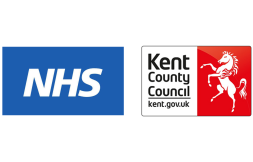Commissioner Vytenis Andriukaitis comments on World Blood Donor Day 2018
European Commissioner Vytenis Andriukaitis comments on World Blood Donor Day 2018, urging young people to step forward and donate blood in order to keep the blood banks “constantly replenished”. In a statement on World Blood Donor Day 2018, Andriukaitis said: “Let us remember that blood is the lifeline that connects us and that we all […]
Commissioner Vytenis Andriukaitis comments on World Blood Donor Day 2018 Read More »
